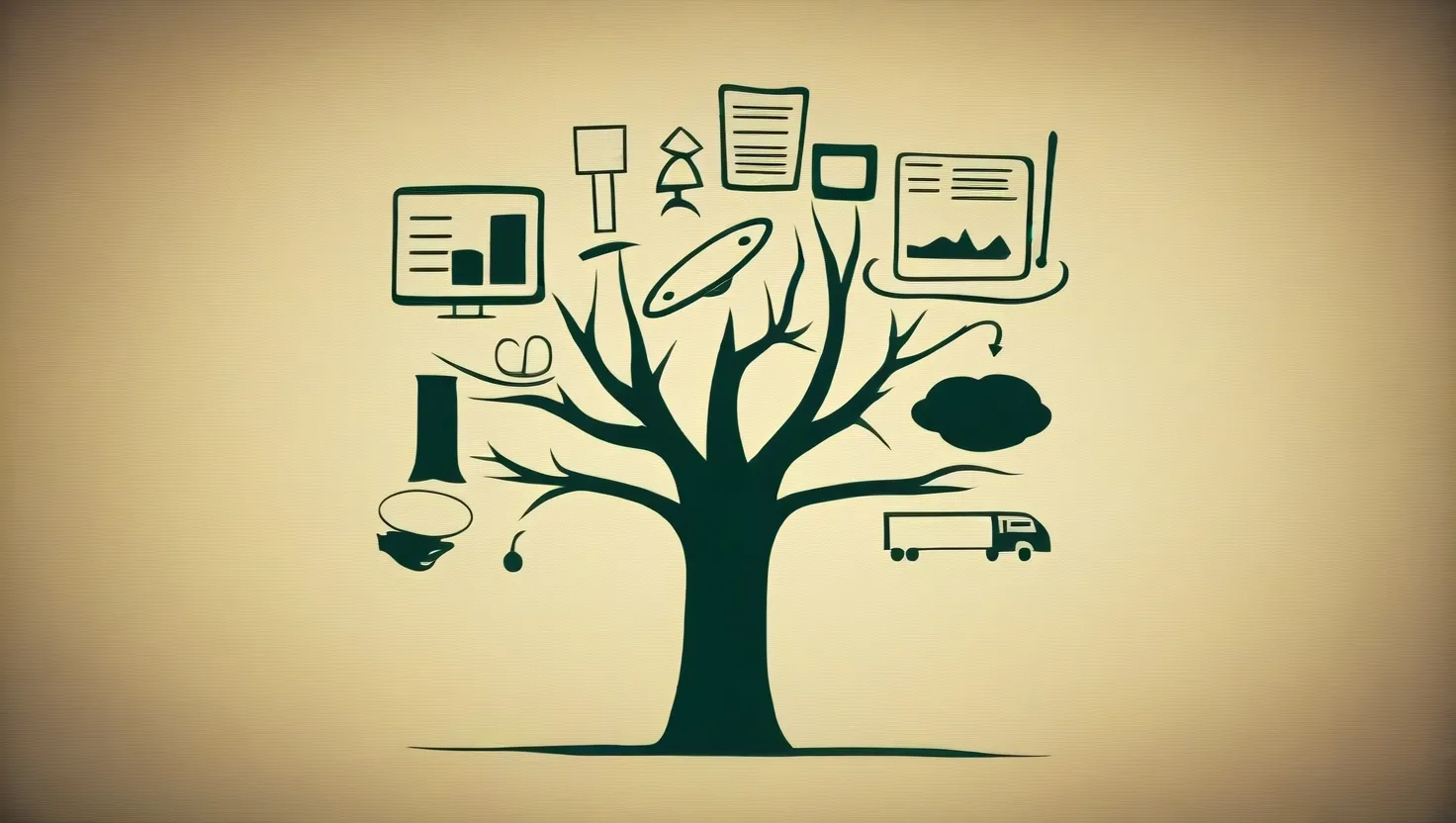Commuting to work is a daily reality for millions of people around the world. While it's often seen as a necessary part of holding a job, the impact of commuting on our finances can be significant and far-reaching. Let's dive into how your daily trek to and from work affects your wallet and overall financial well-being.
The most obvious cost of commuting is transportation expenses. Whether you're driving a car, taking public transit, or using a combination of methods, getting to work isn't free. For drivers, there's the cost of gas, parking fees, vehicle maintenance, and depreciation to consider. Public transit users face monthly pass or per-ride fares. Even cyclists have costs associated with bike maintenance and gear.
These expenses can add up quickly. In major cities, commuters might spend hundreds of dollars each month just on transportation. For example, in New York City, a monthly subway pass costs over $120. In Los Angeles, where driving is more common, the average commuter spends around $16 per day on gas and parking alone.
But the financial impact of commuting goes beyond just these direct costs. One of the most significant hidden costs is the value of your time. Time spent commuting is time you can't spend working, relaxing, or pursuing other activities. Economists call this "opportunity cost" - the value of what you give up by choosing one option over another.
Let's say your commute takes an hour each way. That's two hours a day, or roughly 500 hours a year if you work five days a week. If you value your free time at even a modest $20 per hour, that's $10,000 worth of time spent commuting annually. Of course, this isn't money directly out of your pocket, but it represents a significant chunk of your life dedicated to getting to and from work.
Interestingly, research has shown that many workers do receive some wage compensation for their commutes. Employers, recognizing the burden of long commutes, may offer higher salaries to attract employees who live farther away. However, this compensation is usually only partial - it doesn't fully make up for the time and money spent commuting.
The length of your commute can also impact your earning potential in less direct ways. Long commutes can lead to increased stress and fatigue, which may affect your job performance and limit your ability to take on additional responsibilities or pursue career advancement opportunities. Moreover, a lengthy commute might make you less likely to stay late at work or come in early, potentially missing out on chances to impress your boss or take on high-profile projects.
Another financial consideration is the impact of commuting on your housing choices. Many people face a trade-off between housing costs and commute times. Living closer to work often means higher rent or home prices, while living farther away can mean lower housing costs but higher transportation expenses and longer commutes.
This trade-off can have long-term financial implications. For instance, choosing to live in a less expensive area with a longer commute might allow you to save money for a down payment on a house more quickly. On the other hand, the money saved on housing might be offset by higher transportation costs and the opportunity cost of your time.
The COVID-19 pandemic has brought the financial impact of commuting into sharp focus for many workers. With the shift to remote work, many people suddenly found themselves saving significant amounts of money on transportation, food, and even clothing. Some estimates suggest that the average American worker saved over $2,000 in 2020 just from reduced commuting costs.
This sudden savings has led many to reevaluate their work arrangements and living situations. Some have moved further from city centers, prioritizing space and affordability over proximity to the office. Others have negotiated permanent remote or hybrid work arrangements, reducing their commuting costs even as offices reopen.
However, it's worth noting that working from home isn't without its own costs. You might face higher utility bills, need to upgrade your home office equipment, or find yourself spending more on groceries and home-cooked meals. Still, for many, these costs are outweighed by the savings on commuting and the value of reclaimed time.
The environmental cost of commuting is another factor to consider, which can indirectly impact your finances. As awareness of climate change grows, many cities are implementing or considering congestion charges or carbon taxes. If you drive to work, these additional fees could significantly increase your commuting costs in the future.
On the flip side, choosing more environmentally friendly commuting options like cycling or public transit might save you money in the long run. Many employers offer incentives for green commuting, such as subsidized transit passes or bike-to-work schemes. These can help offset your commuting costs while also reducing your carbon footprint.
Your commute can also affect your spending habits in subtle ways. Long commutes often lead to more convenience spending - grabbing coffee on the go, eating out for lunch, or ordering takeout for dinner because you're too tired to cook. While these expenses might seem small individually, they can add up to a significant amount over time.
For instance, buying a $4 coffee every workday adds up to over $1,000 a year. If your commute leaves you too exhausted to cook dinner, ordering a $15 meal instead of making a $5 home-cooked meal three times a week could cost you an extra $1,560 annually.
The impact of commuting on your finances isn't just about day-to-day expenses. It can also affect your long-term financial planning and retirement savings. Every dollar spent on commuting is a dollar that can't be invested for the future. Over time, this can have a significant impact on your wealth accumulation.
Consider this: if you were able to invest an extra $200 per month (perhaps saved from reduced commuting costs) over a 30-year career, assuming an average annual return of 7%, you'd have an additional $227,000 at retirement. That's a substantial boost to your nest egg, all from redirecting money that would have been spent on commuting.
Your commute can also impact your insurance costs. If you drive to work, your car insurance premiums are likely higher than they would be if you used your car only for personal trips. The more you drive, the higher your risk of being involved in an accident, and insurance companies price their policies accordingly.
Health insurance is another area where your commute might indirectly impact your finances. Long commutes, especially those involving lots of sitting in traffic, have been linked to higher rates of obesity, high blood pressure, and other health issues. Over time, these health problems could lead to higher medical expenses and insurance premiums.
It's also worth considering the impact of your commute on your work-life balance and overall quality of life. While not directly financial, these factors can indirectly affect your earning potential and financial well-being. A stressful commute might make you less productive at work or more likely to take sick days, potentially impacting your career progression and earning potential.
On the other hand, a pleasant commute - perhaps a walk or bike ride - could improve your mental and physical health, potentially leading to better job performance and lower healthcare costs in the long run.
So, what can you do to mitigate the financial impact of your commute? There are several strategies to consider. If possible, negotiate for flexible work arrangements that allow you to work from home some or all of the time. Even reducing your commute by one or two days a week can lead to significant savings.
If remote work isn't an option, consider alternative transportation methods. Carpooling can significantly reduce your driving costs. Public transit, while it has its own costs, is often cheaper than driving, especially when you factor in parking fees. Cycling or walking, if feasible, can save you money while also improving your health.
You might also consider moving closer to your workplace, if the potential savings on commuting costs outweigh any increase in housing expenses. Alternatively, look for job opportunities closer to home. While changing jobs or moving house are big decisions, they could lead to substantial financial benefits in the long run.
Finally, be mindful of your spending habits related to your commute. Pack lunches instead of eating out, make coffee at home, and try to resist the temptation of convenience purchases. These small changes can add up to significant savings over time.
In conclusion, your commute can have a profound impact on your finances, affecting everything from your daily expenses to your long-term wealth accumulation. By understanding these impacts and taking steps to minimize them, you can make your commute work for you financially, rather than against you. Whether it's negotiating for remote work, changing your transportation method, or simply being more mindful of commute-related spending, small changes can lead to big financial benefits over time.






